Now into our second year of living in a world transformed by COVID-19, we take a closer look at the evolution of remote video interviews, facial recognition and the role of Artificial Intelligence (AI) in recruitment.
A period of rapid change
There is no doubt that remote hiring and working from home as a result of the pandemic has brought both flexibility and turbulence to once steadfast routines. According to an EAE Business School study, due to Covid-19, the number of companies with staff working from home has risen to 88% compared to 4% before the pandemic. As we bounce relentlessly from one virtual call to the next, the phrase ‘Zoom fatigue’ and ‘sorry you’re on mute’ are now as commonplace. When we look at the recruitment industry, which has been grappling with budget restraints, pressure for always finding successful hires and constantly being asked to do more with less it’s no wonder that there has been increased adoption of AI and HR Technology in general. According to a report published in The Undercover Recruiter, growth in the use of AI could replace up to 16% of recruitment sector jobs before 2029.
Speed & ease
Thanks to AI, key parts of the hiring process can be automated. The days of laboriously reading hundreds or thousands of resumes, manually scheduling interviews or even writing candidate feedback after interviews are becoming a distant memory for recruiters and hiring managers. Now relevant keywords, data points and other patterns that led to successful hires are starting to be collated. Pre-screening candidates with the use of chatbots, creating effective pre-assessments or tests and comprehensive candidate shortlists using psychometrics are other advantages. Software is now widely available that allows hiring teams to assess candidates in a near limitless variety of ways from simple one way video interviews through to more complex realistic work simulations and beyond. A LinkedIn survey found that AI is a bold global disrupter, with 43% of recruiters and hiring managers saying it helps remove human bias, while 67% deemed it a valuable time-saver.
AI facial recognition: friend or foe?
When it comes to interviewing there is growing concern that instead of levelling the playing field for candidates, the use of facial-recognition software in video interviews could perpetuate the risk of bias. Returning to traditional video calls, concern has been raised that they possibly exacerbate biases that already existed in meetings and present new areas where biases can occur. Facial recognition technology has come under scrutiny after reports of systems performing more accurately when assessing white male faces in comparison to correctly assessing the gender of women or different ethnicities. The 2020 Netflix documentary “Coded Bias” by Joy Buolamwini is fascinating and yet harrowing when you see how wrong we can get it when applying AI in the real world, if you haven’t watched it yet, do.
A growing cause for worry
The revelations from Joy’s work were seen in practice when HireVue came under fire for a service that used video interviews to analyse everything from a person’s speaking voice, background setting, to lighting and facial movements. Using this data, the system generated an estimate of each candidate’s engagement, skills and behaviours. However, the algorithms were black box and kept top secret and the scoring system has been challenged as unreliable. HireVue has subsequently removed facial expression analysis from its range of products. Similarly, Munich-based startup Retorio faced an investigation by journalists from Bavarian Broadcasting who found that when an actor changed elements of her appearance or setting for a video call, the results of the behavioural profile changed considerably. Added to this, Amazon paused development on its facial recognition service planned for use by law enforcement in 2020, while IBM completely shelved its facial recognition technology for racial profiling and mass surveillance. It leads to the question of whether voice and text software offer better solutions for addressing diversity and fair hiring practices?
The evolution of voice recognition
Other tech companies are approaching the assessment of candidates differently and focusing on other elements rather than video alone. Anonymity in live technical interviews is offered by Interviewing.io where interviewers and candidates meet in a collaborative coding environment. At Equitas, remote interviews are delivered live to ensure engaging candidate experience but with a focus on scoring based on evidence from the interview, through text and, if needed, audio or voice. There is no doubt that this is an industry to watch as the voice recognition market is estimated to reach US$31.82 billion by 2025.
The future
It is true to say that AI offers consistency and speed in parts of the recruitment process that humans cannot match. Where recruiters and hiring managers’ skills excel is in understanding the semantics, nuance and context of a person speaking, or in building a connection and rapport with a candidate. The danger is letting AI judge human behaviour unsupervised. When we look to the future, rather than saying the time of video is firmly over and that anonymous voice and text are the answer, it seems that a combination of human and digital tools will signal a thriving era of human-centered AI recruitment. A balance needs to be struck with human led hiring and to quote the great Mike Cohen “Tools do A job, not YOUR job”


